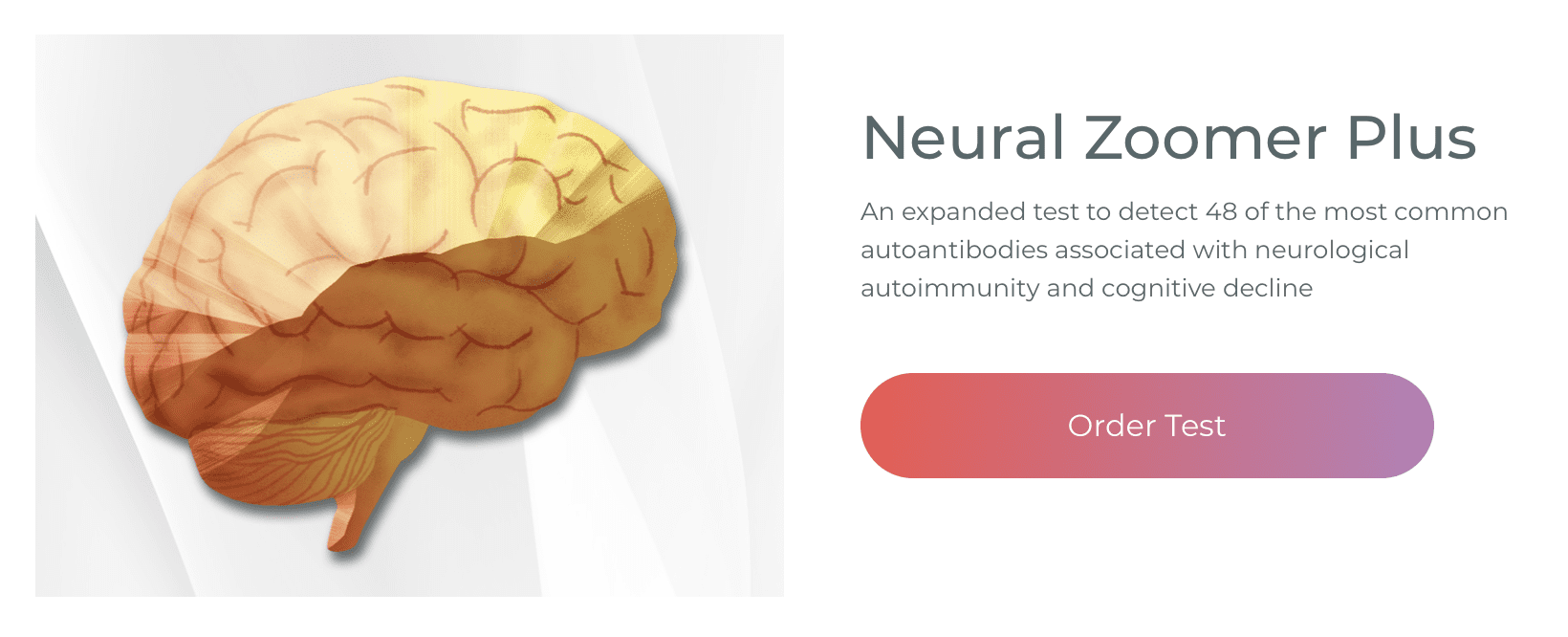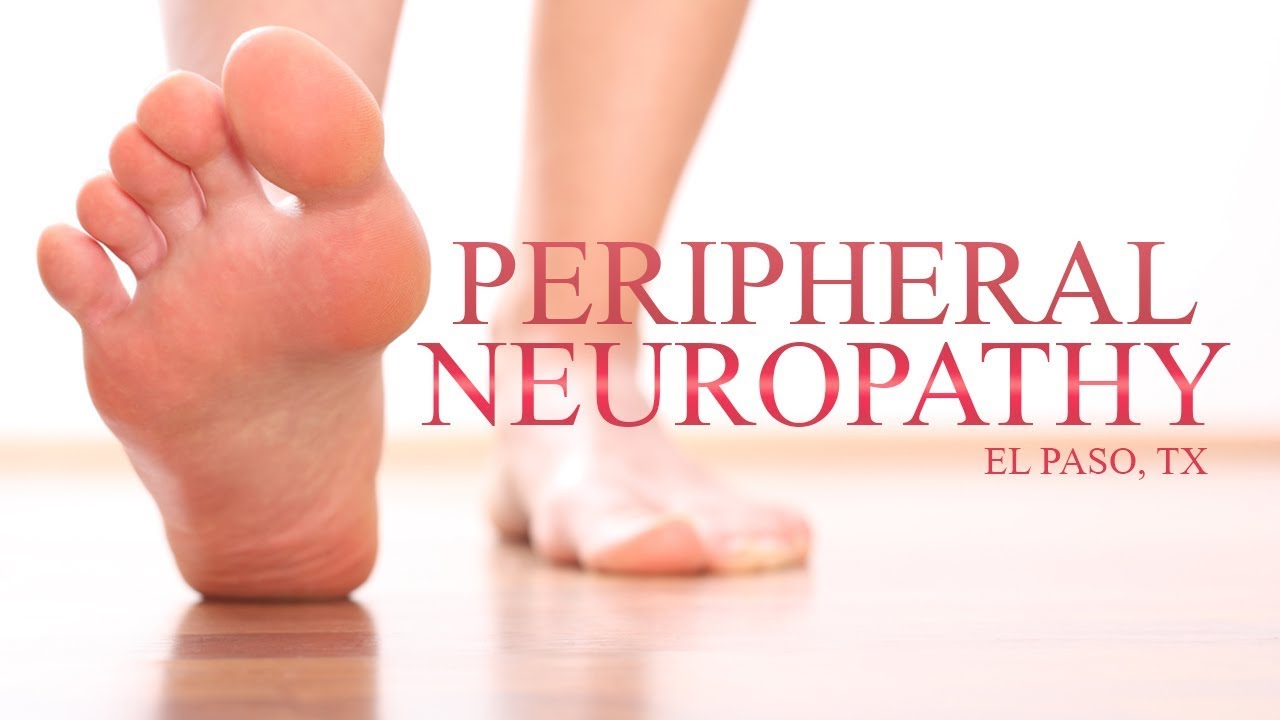Dopamine is an essential neurotransmitter that is associated with the pleasure and reward center of the brain. This chemical messenger also helps with a variety of other brain functions, including attention, memory, motivation, and movement. When the brain releases dopamine, it can stimulate us to do certain actions. Meanwhile, when there's not enough dopamine in the brain, we can feel less encouraged to do the things we love doing. The nervous system generally regulates this essential neurotransmitter in the brain, however, there are several steps you can take to naturally increase your dopamine levels.
Eat More Protein
Proteins consist of amino acids, organic compounds that can be consumed from the foods we eat or synthesized on their own by the body. Out of the 23 amino acids available, the amino acid, tyrosine, plays a fundamental role in the release of dopamine in the brain. Enzymes can ultimately turn tyrosine into dopamine. Another amino acid, phenylalanine, can also produce tyrosine. These organic compounds can be naturally found in protein-rich foods, including legumes like soy, dairy, eggs, turkey, and beef. Research studies have found that increasing tyrosine and phenylalanine can increase dopamine levels.
Eat Less Saturated Fats
Several research studies have found that eating too many saturated fats, including those naturally found in animal fats like full-fat dairy and butter as well as coconut oil and palm oil, can affect the release of dopamine in the brain. Further research studies are still required. Scientists also found that in a group of rats, 50 percent of those that consumed their calories from saturated fats had decreased dopamine levels. Scientists believe that eating too many saturated fats can increase oxidative stress and inflammation. Several other research studies have found a link between saturated fats and brain health issues.
Take Supplements
The body needs to have a variety of vitamins and minerals to produce dopamine in the brain, including iron, niacin, folate, and vitamin B6. Nutrient deficiencies can ultimately make it difficult for dopamine to be released in the brain. Blood tests can determine the presence of nutrient deficiencies. Taking supplements can help control nutrient deficiencies. Together with a balanced diet, taking certain supplements has been found to help increase dopamine levels, including magnesium, vitamin D, curcumin, oregano extract, and green tea. However, further research studies are still required in humans.
Take Probiotics
Scientists recently found a connection between the gut and brain. As a matter of fact, the gut is occasionally referred to as the "second brain" because it has numerous nerve cells that produce various neurotransmitters, including dopamine. Certain bacteria cultures in the gut can also produce dopamine. Research studies have also demonstrated that probiotics can help reduce anxiety and depression. Although several research studies have found a clear connection between gut and brain health, scientists still don't fully understand how probiotics play a role in the production of dopamine in the brain.
Do Exercise and/or Physical Activity
Exercise and/or physical activity can ultimately help improve mood. Although several research studies in a group of rats have found that exercise and/or physical activity can increase dopamine levels, further research studies are still required. In one research study, however, scientists found that doing one hour of yoga, six days a week, considerably increased the production of dopamine in the brain. Several other research studies have demonstrated that exercise and/or physical activity considerably improved symptoms in Parkinson's disease patients. However, further research studies are still required.
Get Enough Sunlight
According to scientists, when we don't get enough sunlight, we can experience reduced levels of mood-boosting neurotransmitters, including dopamine. One research study found that adults who had enough sunlight had increased dopamine levels in their brains. However, make sure you follow the safety guidelines as getting too much sunlight can be harmful and it can cause skin damage and increase the risk of skin cancer. Furthermore, it’s generally recommended to limit sun exposure during peak hours, typically between 10 am and 2 pm, and to apply sunscreen whenever the UV index is above 3.
Get Enough Sleep
The brain releases dopamine in the morning to promote feelings of alertness and wakefulness when it's time to wake up. Meanwhile, dopamine levels decrease in the evening when it's time to go to sleep. However, not getting enough sleep can affect these dopamine fluctuations. Decreased dopamine levels caused by a lack of sleep can also cause poor concentration and coordination. Getting enough sleep can help balance dopamine in the brain and it can make you feel more alert and awake throughout the day. According to the National Sleep Foundation, adults should sleep 7 to 9 hours every night.
Practice Mindfulness Meditation
Mindfulness meditation is the practice of being fully "present" by becoming aware of where we are and what we’re doing, not by what’s going on around us. Recent research studies have found that mindfulness meditation can naturally increase dopamine levels in the brain as well as improve mental and physical health. One research study demonstrated that experienced meditation teachers experienced a 64 percent increase in dopamine levels after meditating for one hour. However, it’s unclear whether dopamine levels only increase in experienced meditators or in people who are new to meditation as well.

Dopamine is a neurotransmitter that plays a fundamental role in a variety of brain functions. Dopamine ultimately affects motivation and movement because it is most commonly associated with the pleasure and reward center of the brain. Enough dopamine levels can stimulate us to do certain actions while dopamine deficiencies can make us feel less interested to do the things we love doing. The nervous system generally regulates this essential neurotransmitter in the brain, however, there are several steps you can take to naturally increase your dopamine levels, such as eating more protein and exercising. - Dr. Alex Jimenez D.C., C.C.S.T. Insight
Dopamine is an essential neurotransmitter that is associated with the pleasure and reward center of the brain. This chemical messenger also helps with a variety of other brain functions, including attention, memory, motivation, and movement. When the brain releases dopamine, it can stimulate us to do certain actions. Meanwhile, when there's not enough dopamine in the brain, we can feel less encouraged to do the things we love doing. The nervous system generally regulates this essential neurotransmitter in the brain, however, there are several steps you can take to naturally increase your dopamine levels.
The scope of our information is limited to chiropractic, musculoskeletal, and nervous health issues or functional medicine articles, topics, and discussions. We use functional health protocols to treat injuries or disorders of the musculoskeletal system. Our office has made a reasonable attempt to provide supportive citations and has identified the relevant research study or studies supporting our posts. We also make copies of supporting research studies available to the board and or the public upon request. To further discuss the subject matter above, please feel free to ask Dr. Alex Jimenez or contact us at 915-850-0900.
Curated by Dr. Alex Jimenez
References:
- Julson, Erica. “10 Best Ways to Increase Dopamine Levels Naturally.” Healthline, Healthline Media, 10 May 2018, www.healthline.com/nutrition/how-to-increase-dopamine.
- MedlinePlus. “Amino Acids: MedlinePlus Medical Encyclopedia.” MedlinePlus, U.S. National Library of Medicine, medlineplus.gov/ency/article/002222.htm.
- Jaehnig, Jon. “What Is Dopamine And How Does It Affect The Brain And The Body?” Betterhelp, BetterHelp, 24 July 2018, www.betterhelp.com/advice/medication/what-does-dopamine-do-in-the-brain-and-what-is-its-function/.
Additional Topic Discussion: Chronic Pain
Sudden pain is a natural response of the nervous system which helps to demonstrate possible injury. By way of instance, pain signals travel from an injured region through the nerves and spinal cord to the brain. Pain is generally less severe as the injury heals, however, chronic pain is different than the average type of pain. With chronic pain, the human body will continue sending pain signals to the brain, regardless if the injury has healed. Chronic pain can last for several weeks to even several years. Chronic pain can tremendously affect a patient's mobility and it can reduce flexibility, strength, and endurance.Neural Zoomer Plus for Neurological Disease

Dr. Alex Jimenez utilizes a series of tests to help evaluate neurological diseases. The Neural ZoomerTM Plus is an array of neurological autoantibodies which offers specific antibody-to-antigen recognition. The Vibrant Neural ZoomerTM Plus is designed to assess an individual’s reactivity to 48 neurological antigens with connections to a variety of neurologically related diseases. The Vibrant Neural ZoomerTM Plus aims to reduce neurological conditions by empowering patients and physicians with a vital resource for early risk detection and an enhanced focus on personalized primary prevention.
Food Sensitivity for the IgG & IgA Immune Response

Dr. Alex Jimenez utilizes a series of tests to help evaluate health issues associated with a variety of food sensitivities and intolerances. The Food Sensitivity ZoomerTM is an array of 180 commonly consumed food antigens that offers very specific antibody-to-antigen recognition. This panel measures an individual’s IgG and IgA sensitivity to food antigens. Being able to test IgA antibodies provides additional information to foods that may be causing mucosal damage. Additionally, this test is ideal for patients who might be suffering from delayed reactions to certain foods. Utilizing an antibody-based food sensitivity test can help prioritize the necessary foods to eliminate and create a customized diet plan around the patient’s specific needs.
Gut Zoomer for Small Intestinal Bacterial Overgrowth (SIBO)

Dr. Alex Jimenez utilizes a series of tests to help evaluate gut health associated with small intestinal bacterial overgrowth (SIBO). The Vibrant Gut ZoomerTM offers a report that includes dietary recommendations and other natural supplementation like prebiotics, probiotics, and polyphenols. The gut microbiome is mainly found in the large intestine and it has more than 1000 species of bacteria that play a fundamental role in the human body, from shaping the immune system and affecting the metabolism of nutrients to strengthening the intestinal mucosal barrier (gut-barrier). It is essential to understand how the number of bacteria that symbiotically live in the human gastrointestinal (GI) tract influences gut health because imbalances in the gut microbiome may ultimately lead to gastrointestinal (GI) tract symptoms, skin conditions, autoimmune disorders, immune system imbalances, and multiple inflammatory disorders.


Formulas for Methylation Support

XYMOGEN’s Exclusive Professional Formulas are available through select licensed health care professionals. The internet sale and discounting of XYMOGEN formulas are strictly prohibited.
Proudly, Dr. Alexander Jimenez makes XYMOGEN formulas available only to patients under our care.
Please call our office in order for us to assign a doctor consultation for immediate access.
If you are a patient of Injury Medical & Chiropractic Clinic, you may inquire about XYMOGEN by calling 915-850-0900.

For your convenience and review of the XYMOGEN products please review the following link. *XYMOGEN-Catalog-Download
* All of the above XYMOGEN policies remain strictly in force.




